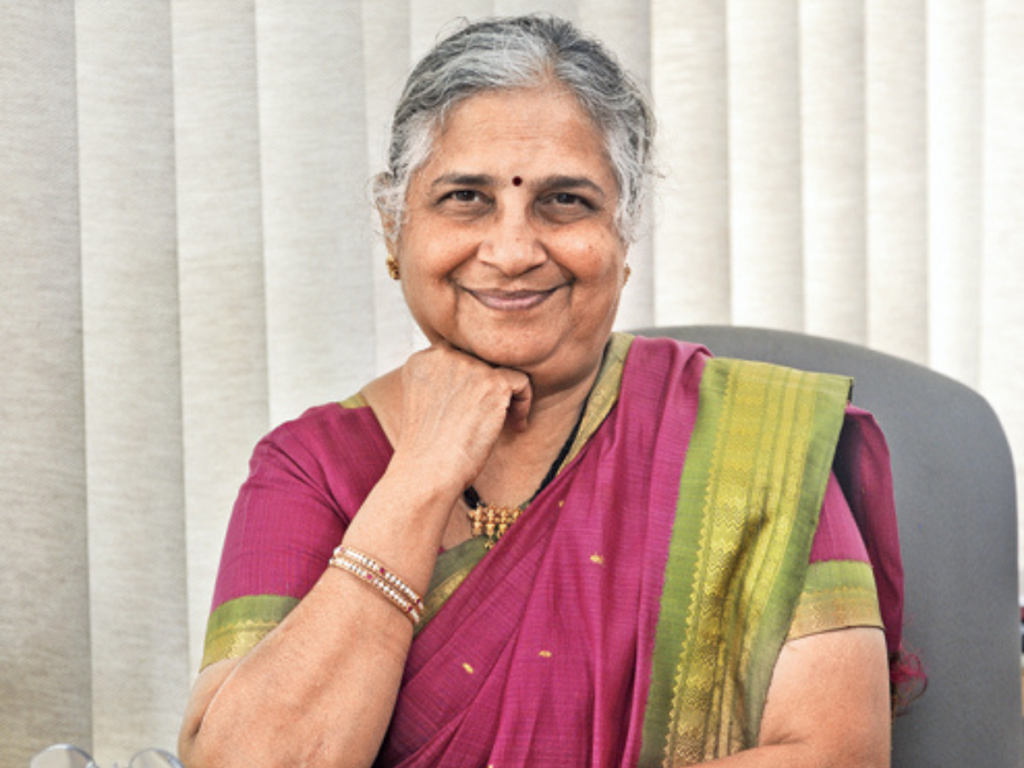Introduction
On August 18, 2024, Sudha Murty’s remarks on Raksha Bandhan led to a wave of controversy. Her comments were seen by some as challenging the traditional values associated with the festival. This article delves into the timeline of the controversy, provides expert opinions, and explores the evolving nature of cultural practices.

Timeline of Key Events
- August 18, 2024: Sudha Murty’s comments on Raksha Bandhan provoke backlash. Her statements are interpreted by some as critical of the festival’s traditions.
- August 19, 2024: The controversy gains traction on social media and news platforms. Public figures and cultural commentators begin to voice their opinions.
- August 20, 2024: Sudha Murty issues a clarification, stating her intention was to highlight the evolving nature of cultural traditions without undermining their essence.
- August 21, 2024: Media and public discourse continues, reflecting a range of reactions and analyses.
Sudha Murty’s Clarification and Its Impact
Sudha Murty’s statement on August 20 aimed to clarify her position. She emphasized that her comments were meant to encourage a discussion on how traditions like Raksha Bandhan can adapt to modern contexts. According to Murty, “My intention was never to discredit the festival but to reflect on how traditions evolve while retaining their core values.”
Expert Opinions on Cultural Adaptation
To gain a deeper understanding, we consulted the following experts:
- Dr. Ananya Rao, Cultural Historian at Jawaharlal Nehru University, commented, “Cultural traditions are dynamic. Sudha Murty’s remarks should be viewed as part of an ongoing conversation about how these traditions adapt to societal changes.”
- Professor Vikram Singh, Anthropologist at Delhi University, noted, “Murty’s insights contribute to a broader discussion about cultural evolution. It’s important to appreciate how traditions can transform while still honoring their origins.”
The Festival of Raksha Bandhan: A Comprehensive Overview
Raksha Bandhan, celebrated predominantly in India, symbolizes the bond between brothers and sisters. The festival, observed with a ritual of tying a rakhi, has seen various adaptations over the years. While the core ritual remains, the way families celebrate has evolved, reflecting contemporary values and lifestyles.
Public and Media Reactions
The media coverage of Murty’s clarification has been extensive, with varied reactions from the public. Some defend Murty’s right to express her views, while others criticize her approach. The discussion highlights differing perspectives on how traditional practices should be perceived and adapted in modern times.
Conclusion
Sudha Murty’s clarification on Raksha Bandhan underscores the evolving nature of cultural traditions. Her comments invite a broader dialogue about how practices can adapt to modern contexts while preserving their core significance.
For Regular News and Updates Follow – Sentinel eGazette
External Sources
- Business Today – Sudha Murty Clarifies Raksha Bandhan Story
- The Hindu – Chandrababu Naidu Kickstarts Projects
FAQs
- What was the controversy surrounding Sudha Murty’s comments on Raksha Bandhan?
- Sudha Murty’s comments on August 18, 2024, were interpreted by some as critical of Raksha Bandhan’s traditional values, leading to widespread backlash.
- What did Sudha Murty say in her clarification?
- On August 20, 2024, Sudha Murty clarified that her intention was to highlight how cultural traditions like Raksha Bandhan can evolve while maintaining their core essence.
- How has Raksha Bandhan evolved over the years?
- Raksha Bandhan has adapted to modern lifestyles while retaining its core ritual of tying a rakhi. The celebration now often includes contemporary variations in gifts and family interactions.
- What do experts say about the evolution of cultural traditions?
- Experts like Dr. Ananya Rao and Professor Vikram Singh emphasize that cultural traditions naturally evolve to stay relevant in changing societal contexts.
- Where can I find more information on this topic?
- Additional information can be found in sources such as Business Today and The Hindu.